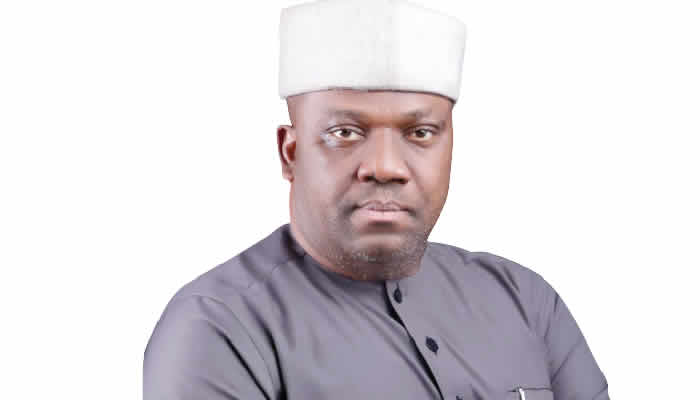The political landscape of Anambra State is heating up as the 2025 governorship election approaches, with the recent visit of President Bola Tinubu sparking speculation and controversy. While some interpreted the President’s presence as an endorsement of the incumbent governor, Chukwuma Soludo, the All Progressives Congress (APC) has vehemently denied such claims, asserting its readiness to contest and win the upcoming election. This denial sets the stage for a potentially fierce political battle, as the APC aims to expand its influence in the South-East region, traditionally a stronghold of opposition parties.
The APC’s South-East Vice Chairman, Dr Ijeomah Arodiogbu, categorically refuted the endorsement narrative, emphasizing that President Tinubu’s visit was solely for project commissioning, many of which were initiated by previous administrations. He dismissed the speculation as politically dishonest and inaccurate, highlighting the President’s commitment to the APC’s success, not just in Anambra but across the nation. Arodiogbu further revealed that Soludo’s allies had unsuccessfully sought Tinubu’s endorsement, reinforcing the President’s unwavering support for his party’s candidates. This clarification aims to dispel any notion of a tacit agreement between the President and the APGA governor, underscoring the distinct political divide.
The APC’s stance reflects the party’s strategic objective of gaining a stronger foothold in the South-East. Anambra, under APGA rule since 2006, presents a significant challenge for the APC, but Arodiogbu expressed confidence in the party’s prospects. He pointed to the APC’s grassroots mobilization efforts and its message of aligning Anambra with the federal government as key factors that will resonate with voters. This confidence signals the APC’s determination to challenge APGA’s long-standing dominance and offer what they perceive as a more viable alternative to the current administration.
Arodiogbu’s criticism of the Anambra State government’s handling of the presidential visit further underscores the political tension. He accused the state government of employing “theatrics and optics” to create a false impression of presidential endorsement. This criticism serves to undermine the narrative being promoted by Soludo’s camp and portray the governor as insecure about his performance. By emphasizing the perceived lack of substantial achievements in Soludo’s tenure, the APC seeks to present itself as a more credible and effective alternative for the state’s leadership.
The upcoming election is poised to be a crucial test of the APC’s strength and strategy in the South-East. The region has historically been resistant to the APC’s influence, and winning Anambra would be a significant victory for the party. The APC is banking on its grassroots mobilization, its association with the federal government, and its critique of the current APGA administration to sway voters. This multi-pronged approach aims to present the APC as a viable force for change and development in Anambra.
The political dynamics in Anambra leading up to the 2025 election are complex and multifaceted. The APC’s strong denial of any presidential endorsement of Soludo, coupled with its active preparations for the election, signifies a determined effort to challenge the status quo. The political battle lines are drawn, with the APC positioning itself as the alternative to APGA’s long-standing rule. The outcome of the election will have significant implications, not only for Anambra but also for the broader political landscape of the South-East. The APC’s success or failure in this endeavor will significantly impact the party’s future influence in the region.














